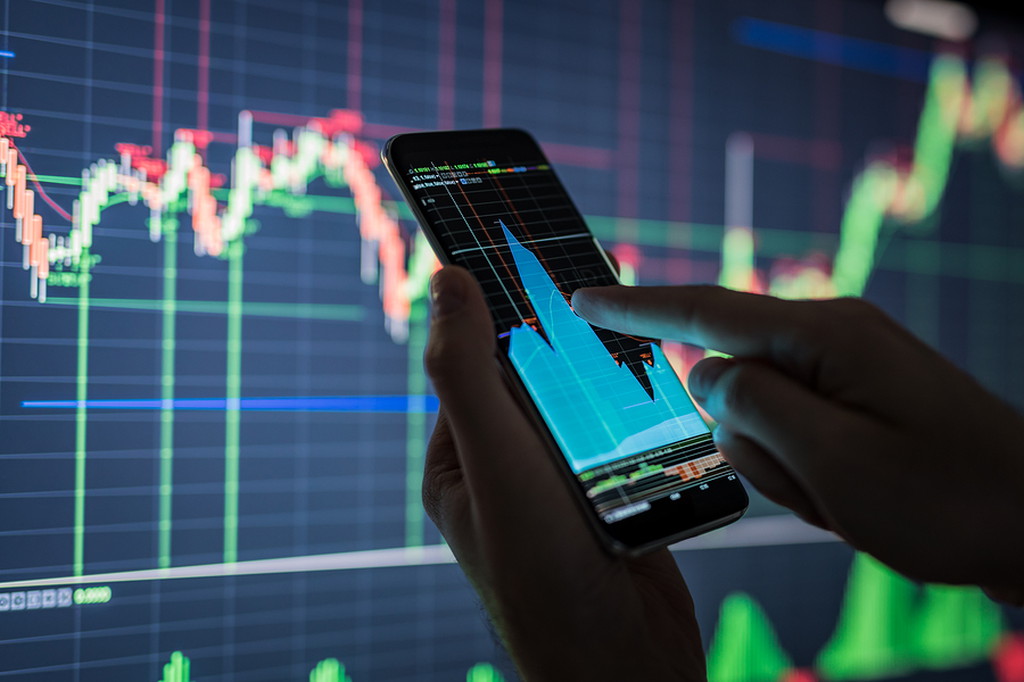
Energy is a highly liquid and traded commodity. This has led to energy-based derivative products being available on the market, with the ever-popular crude oil, heating oil, natural gas, gold, silver all being able to trade as CFDs with massive liquidity.
Reasons to trade energy commodities?
The reasons for trading energy are typically one of two things depending on the circumstances.
Speculation
The reasons for trading energy are typically one of two things depending on the circumstances. The first is that it’s simply speculation – they expect the price to go up or down based on supply or demand fundamentals, respectively. They may have a good reason, too, given that most countries base their economy on some facet of energy either directly through extraction processes or indirectly through power generation facilities, for example. So there’s plenty of room for shocks in production forecasts. Banks tend to do this also because they can hedge their positions or make good returns.
Hedging
The second reason is typical because it’s a great hedge against inflation (or currency weakness if you’re trading in US Dollars).
Important factors to consider when trading energy CFDs?
To trade energy CFDs, you must be aware of the following:
Costs
There is always a cost to holding physical commodities. This said, electricity, for example, doesn’t have much-associated storage and transport costs, so it’s generally less risky to hold than oil. With this in mind, we can say that we should compare like-for-like in terms of risk and reward potential when choosing between them.
Market volatility
Market movers play a huge part in the price action of any market but even more so when dealing with commodities. If an economy experiences extremely cold weather, demand will increase, forcing prices higher. This makes sense as people need the power to heat their homes. If an economy experiences extremely hot weather, demand will decrease, forcing prices to lower – this makes sense as people are less likely to use heating facilities in the sunshine.
The major news stories relevant to energy commodities include US OPEC Oil production Gas storage figures, The US Dollar strength index UK inflation data (CPI), European inflation data (Euro CPI), Crude oil inventory figures.
How to get started trading energy CFDs?
With growing concerns over global energy consumption, now’s a good time to consider trading energy commodities with CFDs. The first step is choosing an instrument to trade. Energy options include natural gas, heating oil, and gasoline, all traded as futures on various exchanges worldwide via the Intercontinental Exchange (ICE). These can be traded on any forex platform that supports these contracts using an option rather than a future due to the long expiry dates of monthly or quarterly contracts.
The best way to get started is by using demo accounts from brokers such as Saxo Bank to explore the various markets; for more information, you can check here. Traders new to CFDs should also consider using spread betting accounts as they are generally easier for beginners than classic ones, especially when it comes to margin calls.
If all goes well, opening a real account can be done in just 30 minutes after providing ID and proof of address documents. The good news is that there is no upper age limit on trading with most brokers, which means that if you’ve always wanted to try your hand at trading but find yourself shut out by other financial instruments due to high minimum investment requirements, then now is perfect timing.
Final Word
To trade energy CFDs, you must be aware of certain market factors listed above. However, this is not all that you need to consider. Other factors, including financial risk tolerance, leverage ratio, and ability to pick up on news stories, will affect your experience when trading energy commodities. For those who do decide to dip a toe into the world of energy CFDs, just be sure not to get swept away by the hype that surrounds each new piece of news. This is a market where traders remain skilful and well-informed about prices long after the headlines have faded from memory.



